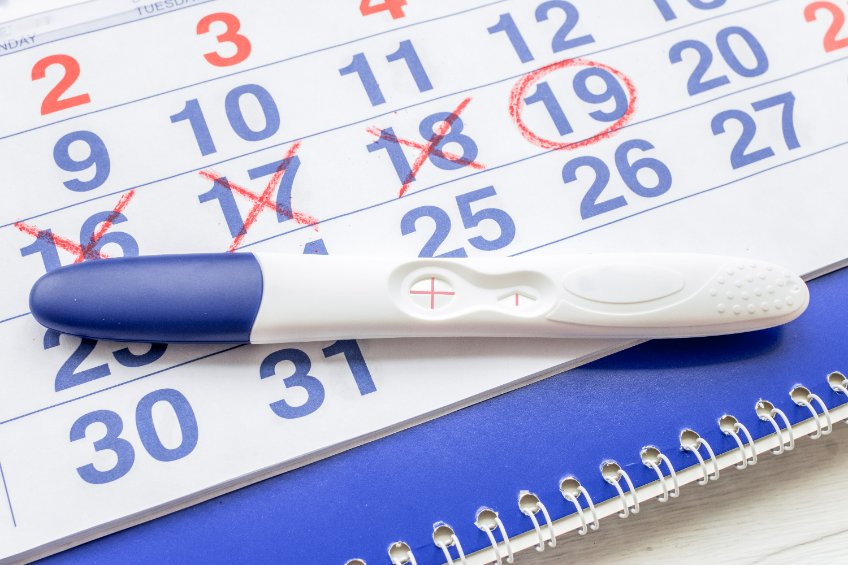Putting Pregnancy To The Test
Getting pregnant is easier said than done. Even for young, healthy women, the chances of pregnancy monthly is at 25%. Women trying to get pregnant as soon as possible would appreciate any possible advantage. An ovulation predictor kit (OPK) may be just that. These tests can help predict ovulation by relaying spikes in luteinizing hormone (LH). This vital information may improve the chances of pregnancy.

LH and ovulation
Ovulation is an integral part of the menstrual cycle, occurring when the ovaries release a mature egg. The egg travels to the fallopian tubes and stays there for 12-24 hours. At this point, conception must happen through intercourse or intrauterine insemination (IUI). Ovulation usually occurs 14 days before the next menstrual period. If fertilization fails, the egg is released in the woman’s period. Luteinizing hormone (LH) tells the ovaries when to release the egg. This hormone is always at low levels but peaks when the egg is released.
How do OPKs work?
LH is present in a woman’s urine, making predicting peak ovulation possible using an OPK. OPKs are like pregnancy tests in both design and application. Each kit contains a strip with 1-2 lines. These lines change color, usually red, to determine LH levels. The color will start with a light pink and turn bright red at the peak of LH. After the peak, the tests will begin to show light colors again.
How do you use the test?
Doctors recommend that women use the test once daily, starting 7-10 days into a new cycle. Around days 12-15, the OPK should be bright red. Around day 12, some women prefer to test multiple times per day. At peak LH levels, ovulation should occur about 24 hours before ovulation occurs. Ovulation cycles are different for each woman, making missing ovulation quite easy. Speak with a doctor or use an app to help predict the next period. This timeframe is a good indicator of when to start the OPK.
Your next steps
OPK tests are just a gauge of the possible time of ovulation. However, many women find success in getting pregnant by testing LH levels. At the same time, there are cases where the tests fail to predict optimal LH levels. Hormone levels are impacted by stress, illness, or conditions like PCOS. If the test fails, visit an ob/gyn or fertility specialist. By performing further checks, these experts can tell if there is something preventing pregnancy.




